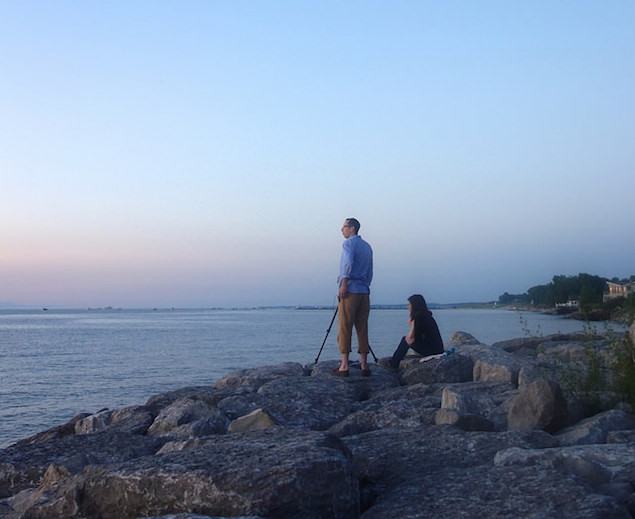
A new study suggests that people are more satisfied with their relationships when their partners are more humble. n Western culture, we’re encouraged to be vocal about our individual successes and accomplishments. We present our ideal self on social media, at job interviews, and on first dates. But is all this self-promotion good for our long-term relationships?
Recent research published in the Journal of Positive Psychology suggests it might not be. A group of researchers found that people are more committed to and satisfied with their romantic relationship when they perceive their partner as being more humble. The researchers recruited 349 participants to fill out several online questionnaires measuring how committed they are to their relationship, how satisfied they are with their relationship, and their partner’s humility. Over half of the respondents also reported how forgiving they are towards their partner and how grateful they are in their relationship overall. To read more from JEANETTE VAN DER LEE, click here.









